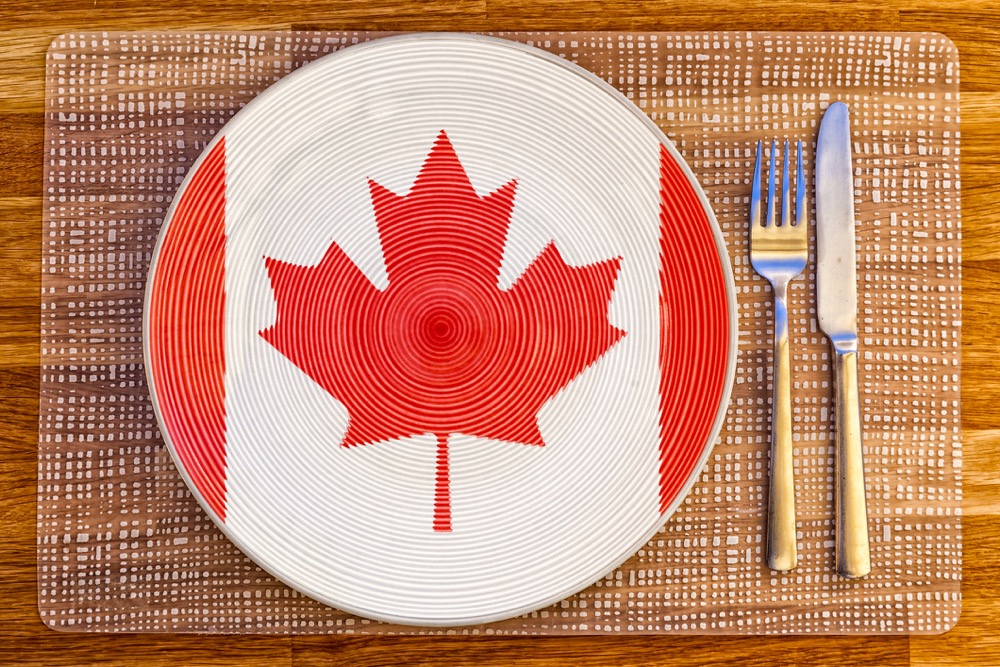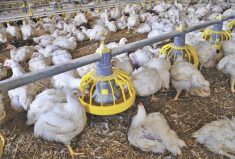Glacier FarmMedia – The Canadian Food Inspection Agency plans to spend $162.6 million over the next five years to improve services.
Why it matters: CFIA plans to increase its surveillance and oversight programs so it can better respond when new food pathogens, invasive species or other diseases are identified.
According to the federal government, the money will be used to “maintain the integrity of Canada’s food safety system, protect the health of plants and animals to safeguard the food supply, and provide ongoing support to Canadian businesses in their export and import activities to overcome pandemic interruptions and global trade volatility.”
Read Also

Ontario’s agri-food sector sets sights on future with Agri-Food 2050 initiative
The first-ever Agri Food 2050, a one-day industry event dedicated to envisioning the future of food and farming in Ontario,…
In the past seven years, the number of export certificates for food, plant and animal products issued by the CFIA has increased by an average of six per cent per year, reaching about 545,000 certificates in 2020 compared to almost 384,000 certificates in 2014.
Federal Minister of Agriculture and Agri-Food Marie-Claude Bibeau said the money is important.
“We are signing free trade agreements and it is important the agency has the capacity to serve our businesses well in proceeding well with export permits,” she said. “It’s also important on the (import) side.”
Two years ago, a Safe Food for Canadians Act came into force, requiring more work for CFIA to, according to Bibeau, “follow the food that is coming into the country.”
Those new regulations, focused on prevention and aimed at allowing for faster removal of unsafe food from the marketplace, are largely praised two years after being introduced. Replacing 14 existing commodity-based food regulations, the new regulations represented the largest regulatory reform initiative in Canada’s history, according to the CFIA.
In a written statement, president of the CFIA Siddika Mithani said, “The CFIA is committed to developing a modern, agile, inclusive and digitally equipped workforce to meet the current and future challenges and opportunities of the federal public service.”
Many of the forms used for import and export activities through CFIA will also be digitized with the funding.
The additional money increases CFIA’s annual budget by about five per cent. Canadian agri-food imports reached $53.9 billion in 2019.
Last April, CFIA said in its annual 2020-21 plan that it would continue to work on broad regulatory reviews and changes. In the early stages of the COVID-19 pandemic, the federal body spent $20 million to hire, train and equip additional staff members to try and limit disruptions from the virus.















